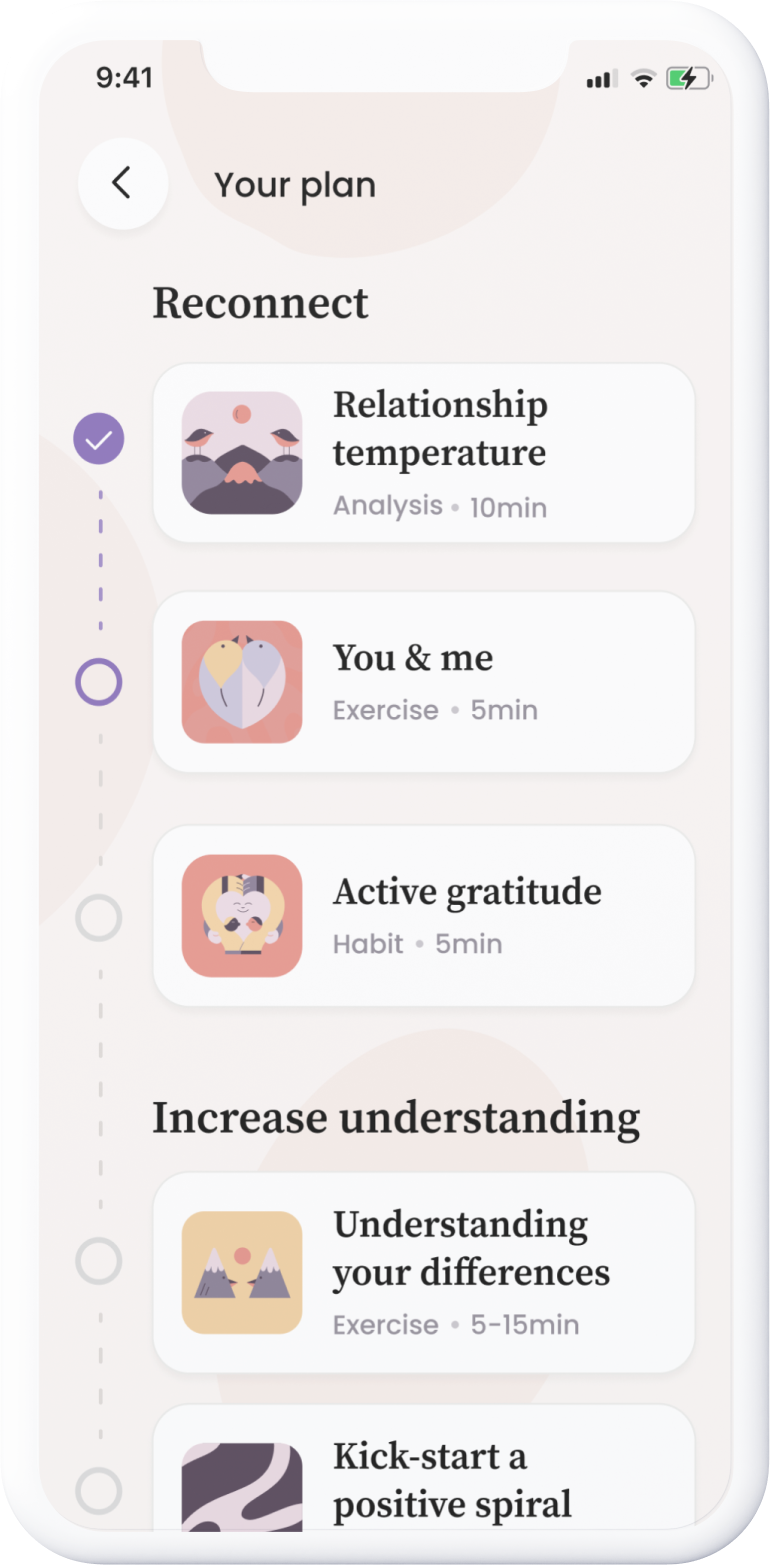
You might find it a bit odd that tensions often increase during the holiday season. Shouldn't this break be a time to strengthen relationships rather than cause conflicts? However, for many couples, the Christmas period tends to increase the likelihood of arguments and disagreements. So, why do so many couples fight during the Christmas season?
Why do we fight and argue during Christmas?
During the holidays, people find themselves spending more time together than usual. Moreover, the expectations surrounding what the holiday should encompass are often lofty and frequently differ between partners. When these expectations aren't met, disappointment becomes a real risk.
For couples already grappling with relationship challenges, the extended holiday break provides ample time for reflecting on underlying concerns usually overshadowed by the daily grind. While they may function seamlessly in their day-to-day logistics, increased togetherness can trigger feelings of loneliness.
Additionally, life circumstances can add stress to the holiday season. Some people look forward to the holiday season with excitement, while others feel anxious about it. Expectations run high, both internally and externally. We crave that Christmas spirit and the sparkle in everyone's eyes.
However, for a significant number, the month of December is marked not by festive cheer but by stress, pressure, and perhaps a lingering fear of falling short. It's during this time that the idyllic image we painted of our partners may not align with reality.
For example, most families with young children would likely concur that a holiday with kids barely qualifies as genuine time off. Unlike the work routine, where you can enjoy a peaceful moment in the bathroom and savor your coffee while it's still hot.
It's easy for frustration over stressors unrelated to one's partner to impact the warmth and affection between individuals. The temptation to compare your relationship with seemingly flawless Christmas scenes posted on social media can foster doubt and insecurity.
The impact of stress on relationships
Stress takes a toll on our relationships in noticeable ways. Our minds shift into problem-solving mode, whether the challenge is a mythical saber-toothed tiger or the overwhelming tasks of the season—baking gingerbread, tackling holiday shopping, managing work commitments, handling childcare, preparing Christmas feasts, attending social events, and orchestrating a thorough cleanup.
In these moments, we yearn for speed and control, but unfortunately, this makes it difficult to actively listen to our partners, show affection, and appreciate their efforts. Relaxation and personal enjoyment feel incompatible when stress takes over, contradicting what our brains consider significant.
As a result, relationships often experience a tangible sense of distance. Each person is absorbed in their own tasks, racing along different paths to accomplish as much as possible. Additionally, both may perceive the other as brief or, worse, irritated.
This can also lead to irritation or a distant atmosphere, triggering feelings of disappointment and doubt. This is particularly poignant during a season when expectations sharply contrast with reality, making the perceived divide even more pronounced. What initially started as a minor holiday stressor quickly snowballs into a significant mix of disconcerting emotions.
How to prevent relationship strain during Christmas
Here are some tips to align expectations and stay connected. To succeed, allocate time for discussions about the upcoming holiday and be transparent about expectations and needs.
1. Reflect on your core priorities
Take a moment to figure out your top priorities. Do you prefer making your own festive treats or watching 'How the Grinch Stole Christmas' with your partner? Maybe you enjoy hosting a mulled wine gathering or attending an Advent concert?
This isn't about making a strict decision but about gaining a better understanding of your true preferences. It helps navigate through wish lists and external expectations.
2. Understand your partner's priorities
Inquire with a genuine intent to understand your partner's desires. Listen actively and try to understand, even if their preferences are different from yours.
3. Recognize potential stress points
Identify situations that typically lead to conflicts and/or arguments. Does tension arise when you're stressed about cooking? Is it when you attempt to maintain a tidy house while a two-year-old spills flour all over the floor? Or when your partner has invited their mother for the evening without checking with you?
Acknowledging these scenarios is a starting point. Delve into what aspects of these situations trigger conflicts.
4. Discuss your priorities and make a plan
Reflect together on what matters most to you and your family this year. Do you see Christmas as an opportunity to explore new family activities? Is there something you've been wanting to do together for a while?
Consider the possibilities when many "musts" take a back seat (perhaps you don't need to rush around to as many relatives).
5. Less is more: simplify and lower the demands
Can you simplify to reduce the holiday to-dos? Discuss traditions and what is really important according to your priorities. Can you agree to focus on less things this year? For example - consider cutting the number of dishes on the Christmas table in half.
It's easy to advise "lower your expectations," but it's undoubtedly harder to put into practice. Nonetheless, by establishing a realistic baseline in advance, expectations will hopefully be more manageable.








